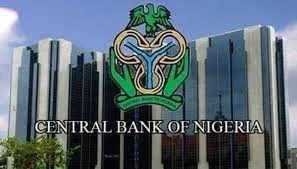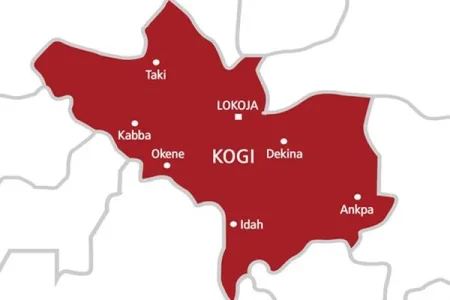
The Central Bank of Nigeria (CBN) has lifted foreign exchange restrictions on 43 items that had been in place for eight years. In a statement released on October 12, the CBN's director of corporate communications, Dr. Isa AbdulMumin, announced a significant shift in the foreign exchange market policy. Importers previously prohibited from accessing foreign exchange for these specific items are now permitted to participate in the Nigerian Foreign Exchange Market for their transactions.
The 43 restricted items included various products such as rice, cement, palm oil, processed meats, and textiles. The CBN is actively addressing the backlog of foreign exchange transactions and engaging with stakeholders to facilitate its clearance. The long-term goal is to establish a unified foreign exchange market, simplifying and streamlining the FX market in Nigeria.
The CBN aims to let market forces determine exchange rates based on a Willing Buyer – Willing Seller principle. To promote transparency, it encourages referencing FX rates from platforms like the CBN website and FMDQ. The CBN will continue to boost liquidity in the Nigerian Foreign Exchange Market through interventions, gradually reducing them as market liquidity improves.
This move aims to enhance the cohesion and efficiency of Nigeria's foreign exchange market and stimulate economic activity




